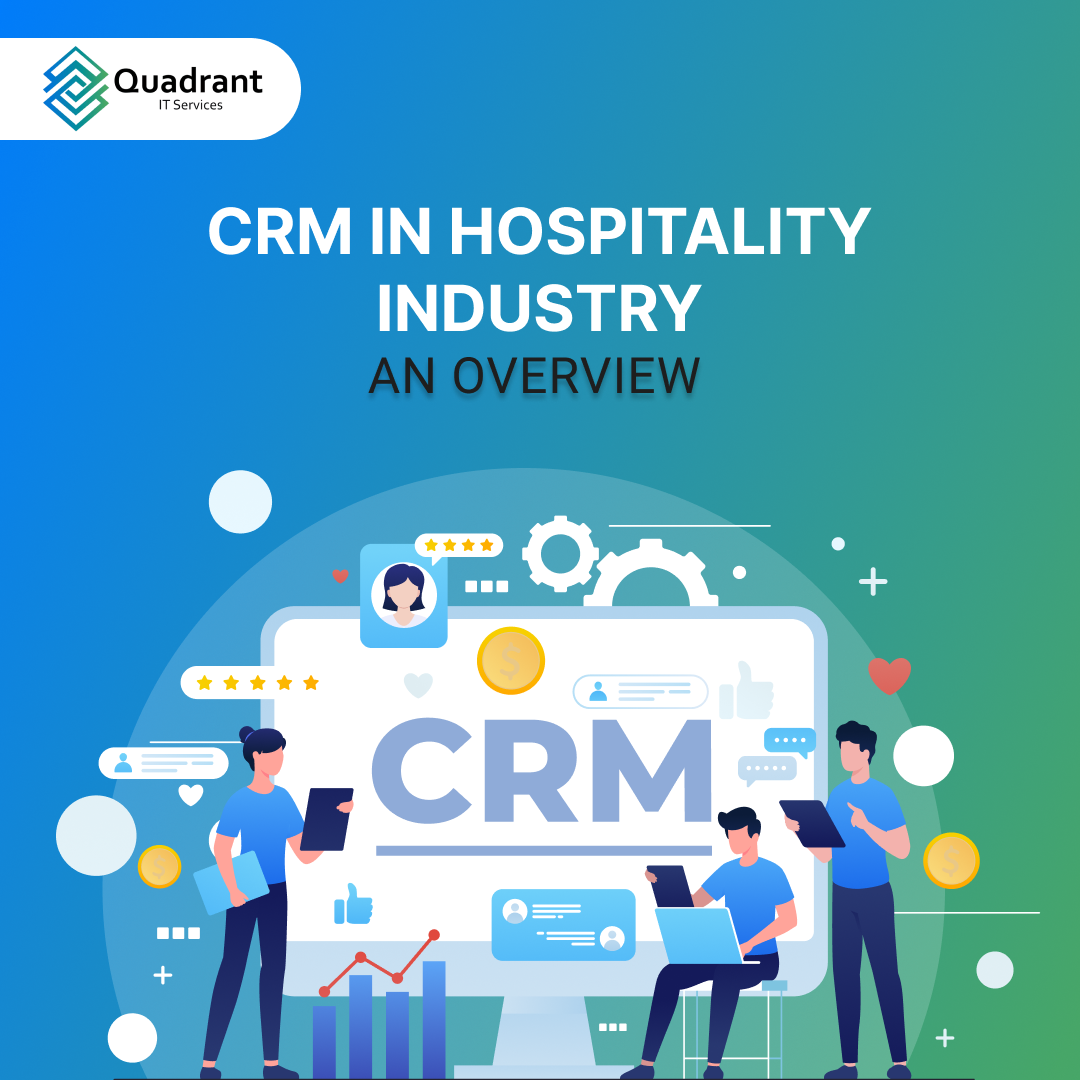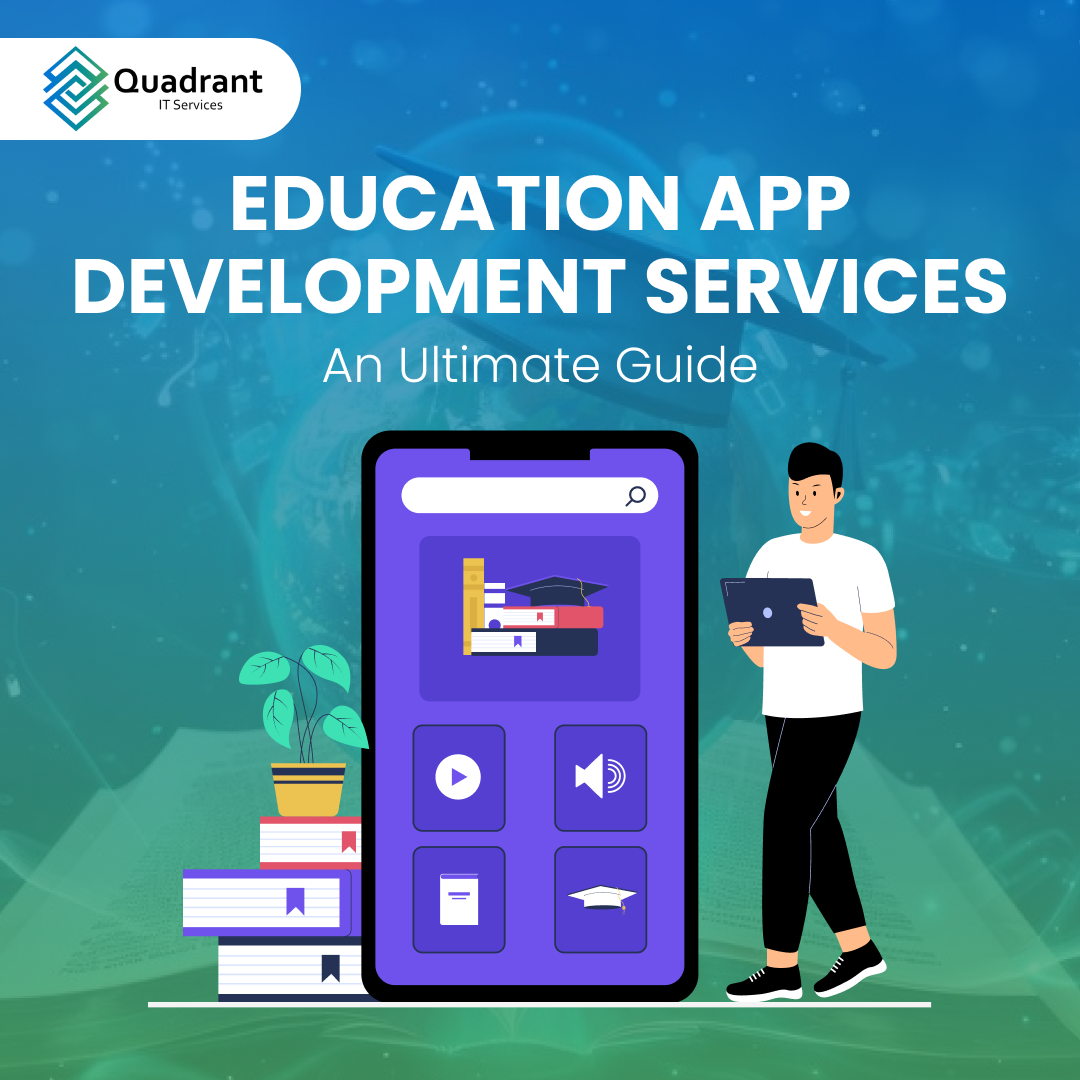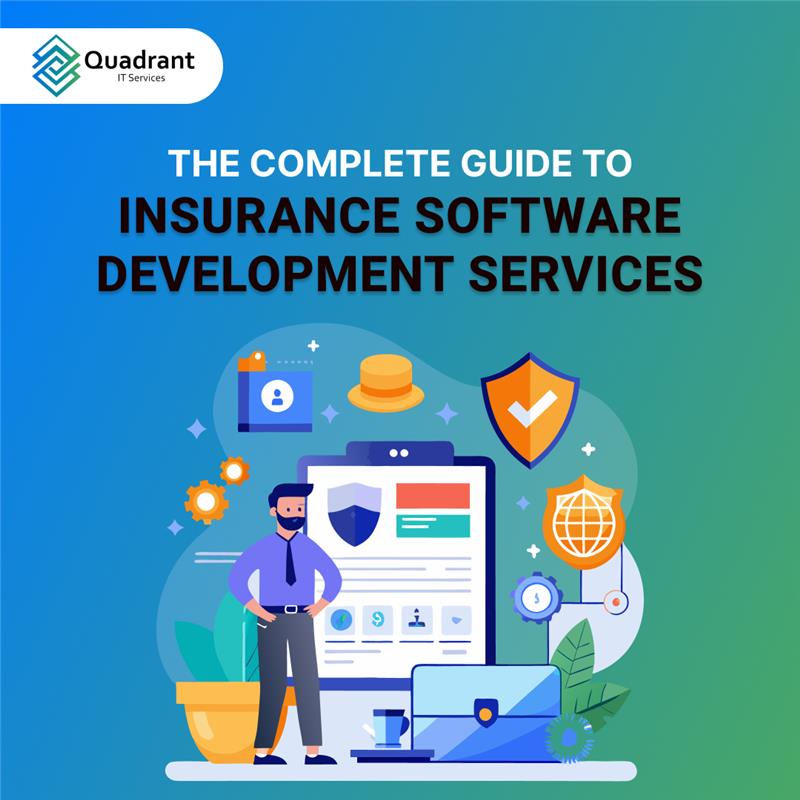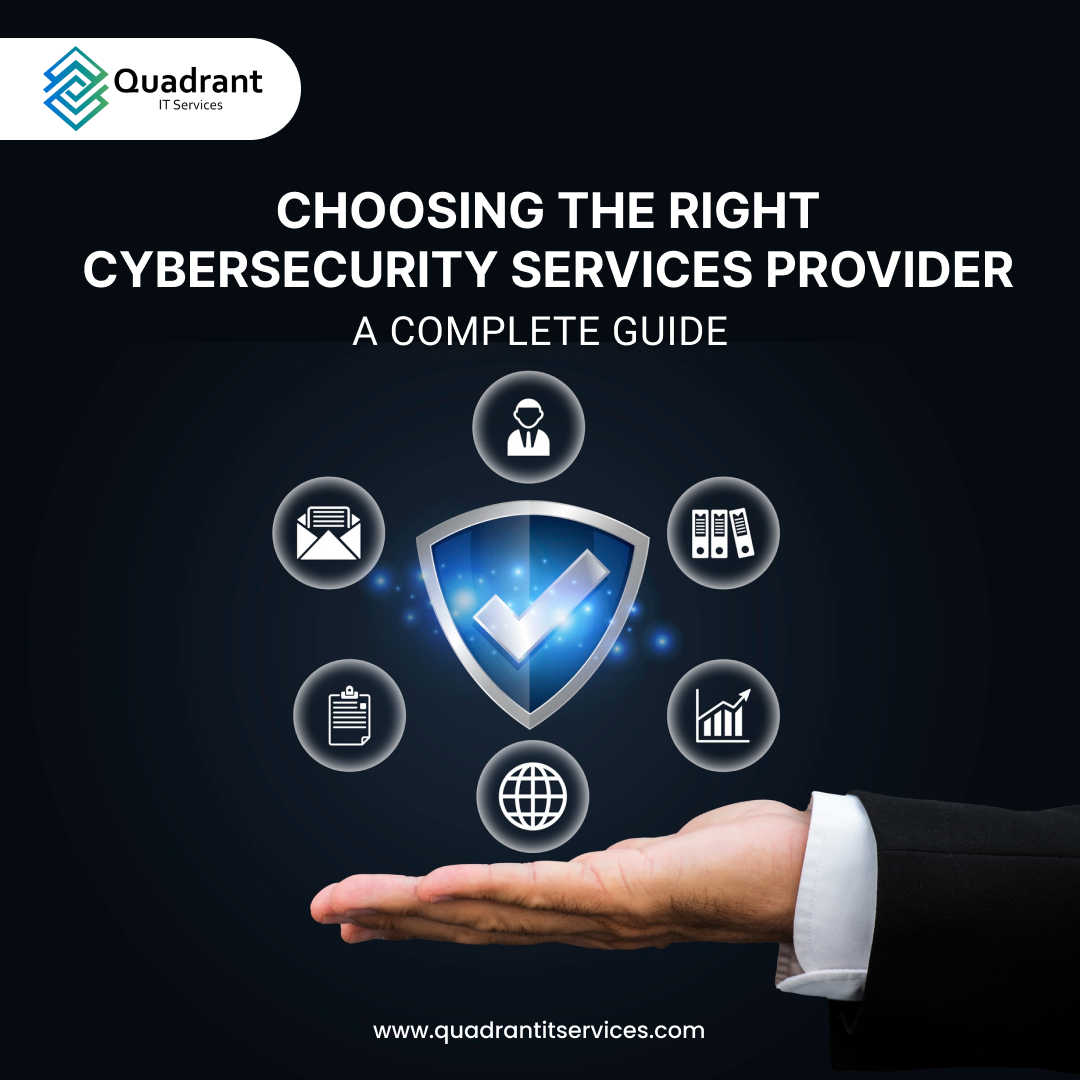CRM in the Hospitality Industry: An Overview
Nowadays, delivering exceptional customer service is no longer a luxury but a necessity. Imagine a guest arriving at a hotel where the receptionist greets them by name, knows their preferences for a sea-facing room, and ensures their favorite drink is waiting at the minibar. This level of personalization doesn’t happen by accident; it’s powered by robust CRM systems. CRM has become the heart of the hospitality industry, empowering hotels, resorts, and other service providers to manage guest relationships, streamline operations, and elevate the overall guest experience. So, let’s understand the ABC of CRM.
What is a hospitality CRM?
A hospitality CRM is a specialized software designed to help hotels and service providers manage guest interactions, streamline communication, and personalize services. It’s a data-driven platform that collects, stores, and analyses guest information, such as booking history, preferences, feedback, and behavior. With this data, hospitality businesses can anticipate guest needs, offer tailored services, and foster long-term loyalty.
Unlike generic CRM systems, Hospitality CRM is built to handle the intricacies of guest management, such as reservations, room service preferences, loyalty programs, and even real-time communication during the guest’s stay. Whether it’s a hotel chain managing thousands of guests across locations or a boutique hotel looking to offer personalized services, Hospitality CRM is the backbone of efficient operations.
What’s the Need for CRM in the Hospitality Industry?
The hospitality industry thrives on customer satisfaction. Here’s why CRM services are a vital tool for maintaining and enhancing this experience:
- Personalization at Scale: In an industry where guests expect tailored services, CRM allows hotels to personalize every aspect of a guest’s stay. Whether it’s room preferences, dietary needs, or favorite activities, the CRM collects and uses this data to make guests feel special.
- Customer Retention: Returning guests are more valuable than one-time visitors. CRM systems help build long-lasting relationships by maintaining a comprehensive record of every guest, from their first booking to their latest stay. Loyalty programs and personalized offers are then designed to bring guests back again and again.
- Operational Efficiency: CRM systems automate repetitive tasks, such as reservation management, follow-up emails, and feedback collection. This reduces the workload for staff, allowing them to focus on providing top-tier service.
- Data-Driven Decision Making: Hospitality CRM provides actionable insights into guest behaviors, booking trends, and overall satisfaction levels. Hotels can use this data to refine their services, adjust marketing strategies, and optimize operations.
- Marketing and Sales Optimization: CRM platforms integrate with marketing tools to help hoteliers run targeted campaigns, offer special promotions, and even track ROI on their marketing efforts. By understanding guest preferences and behaviors, hotels can send personalized offers and convert more leads into bookings.
How to Use CRM in the Hotel Industry?
Here are practical ways hoteliers can leverage CRM in their operations:
- Guest Profiles and Personalization: The core function of the best CRM in hotels is building detailed guest profiles. Every interaction a guest has with the hotel is stored, from the time of booking to the moment they check out. This data includes personal preferences like room types, special requests, and even anniversaries or birthdays. Hotels can personalize the guest experience with this information, ensuring loyalty and satisfaction.
- Pre-Stay and Post-Stay Communication: A Hospitality CRM can automate pre-arrival emails to remind guests of their upcoming stay, offer upgrades, or confirm reservations. After their visit, the CRM can send follow-up emails requesting feedback or offering special discounts for future bookings. This level of communication makes guests feel valued and helps nurture a long-term relationship.
- Loyalty Programs: Hotels can manage loyalty programs through CRM, rewarding repeat guests with exclusive offers or perks. The system tracks guest stays, points earned, and redemption of rewards, encouraging guests to return.
- Revenue Management: CRM can be integrated with a hotel’s property management system (PMS) to help monitor booking trends, forecast demand, and adjust room rates. By analyzing historical booking data and market conditions, CRM helps hotels maximize revenue opportunities.
- Real-Time Service Management: During a guest’s stay, the CRM can track room service requests, complaints, and any special requirements in real-time. This allows staff to promptly respond and resolve any issues, further enhancing the guest experience.
What are the benefits of a CRM solution in hospitality?
- Enhanced Guest Experience: By centralizing guest information, CRM systems enable staff to offer personalized services that make guests feel special. From remembering a guest’s favourite room to offering a surprise on their birthday, these personalized touches enhance the overall experience.
- Improved Customer Loyalty: CRM systems help hotels create loyalty programs that reward returning guests with perks and personalized offers, driving repeat business and customer retention.
- Streamlined Operations: Automation of tasks such as guest communication, feedback collection, and room management reduces administrative workload, allowing staff to focus on delivering exceptional service.
- Data-Driven Insights: CRM provides valuable insights into guest preferences, booking trends, and feedback, enabling hotels to refine their marketing strategies and optimize operational efficiency.
- Increased Revenue: By offering personalized services and targeted marketing campaigns, CRM systems help increase guest satisfaction and upsell opportunities, ultimately boosting revenue.
Common Challenges in the Hospitality Industry
The hospitality industry faces several challenges that CRM can help address:
- High Guest Expectations: Modern travellers expect personalized services, seamless communication, and immediate responses to their needs. CRM enables hotels to meet these expectations through data-driven insights and automation.
- Intense Competition: With countless hotels, resorts, and vacation rentals vying for guests’ attention, standing out is tough. CRM helps hotels differentiate by offering personalized services and targeted marketing efforts.
- Operational Inefficiencies: Without automation, managing guest relations can be cumbersome, leading to service delays or inconsistencies. CRM automates processes, helping hotels streamline operations and focus on what matters most, i.e. guest satisfaction.
- Guest Retention: While attracting new guests is important, retaining them is even more crucial. CRM systems help build and maintain long-term relationships by offering personalized experiences and loyalty rewards.
How to Choose the Best CRM Software for Hotels?
When selecting a CRM system for your hotel, consider the following factors:
- Integration Capabilities: The CRM should seamlessly integrate with your property management system (PMS), booking engines, and other essential tools to centralize all guest data.
- Ease of Use: The platform should be user-friendly, allowing staff to quickly adopt and leverage the system to improve guest experiences and operational efficiency.
- Personalization Features: Choose a CRM that offers robust personalization features, allowing your hotel to tailor services and communication to individual guest preferences.
- Mobile Compatibility: In the fast-paced world of hospitality, your staff will need access to the CRM on the go. Ensure that the software is mobile-friendly so that it can be accessed from any device.
- Analytics and Reporting: A good CRM should offer detailed analytics and reporting features, providing insights into guest behaviour, booking trends, and overall performance.
- Customer Support and Training: opt for a CRM provider that offers ongoing customer support and training to ensure your team can fully utilize the platform.
To conclude, CRM systems have revolutionized the hospitality industry by enabling hotels to offer personalized, efficient, and memorable guest experiences. By leveraging guest data, automating communication, and optimizing operations, Hospitality CRM is truly the heart of modern hotel management. For any hotel looking to stand out in a competitive market, adopting a powerful CRM system is no longer optional—it’s essential for success.








